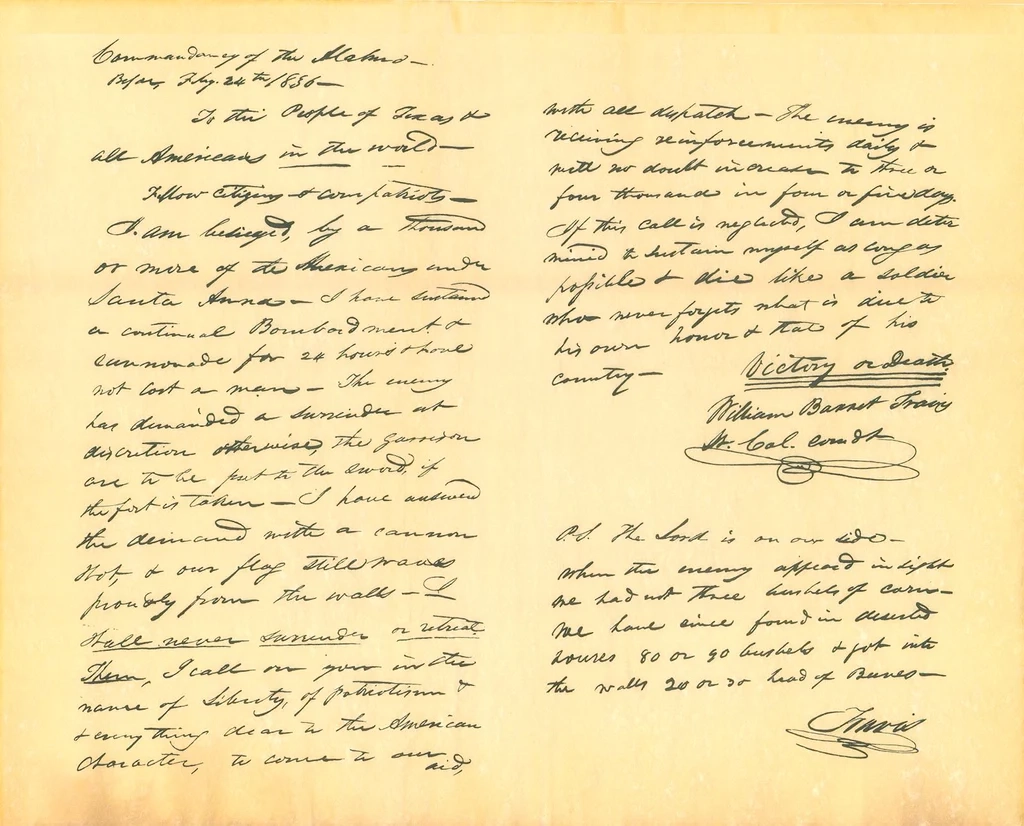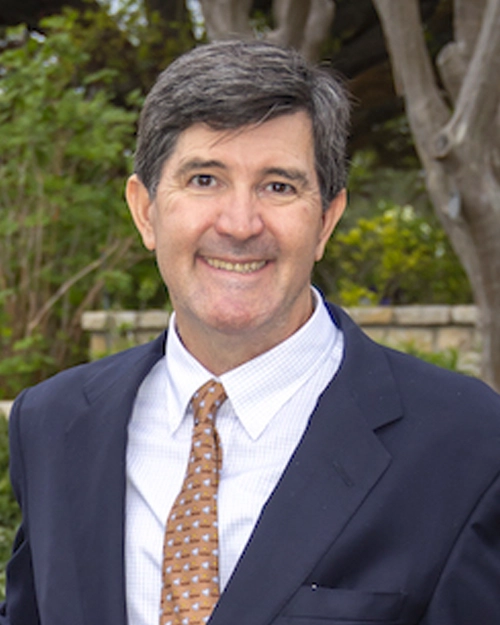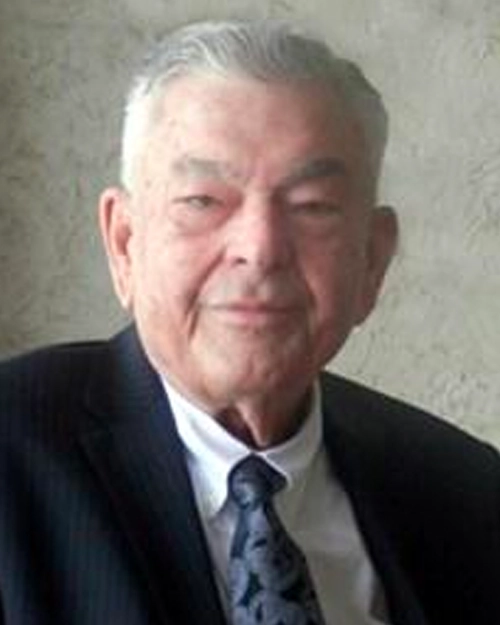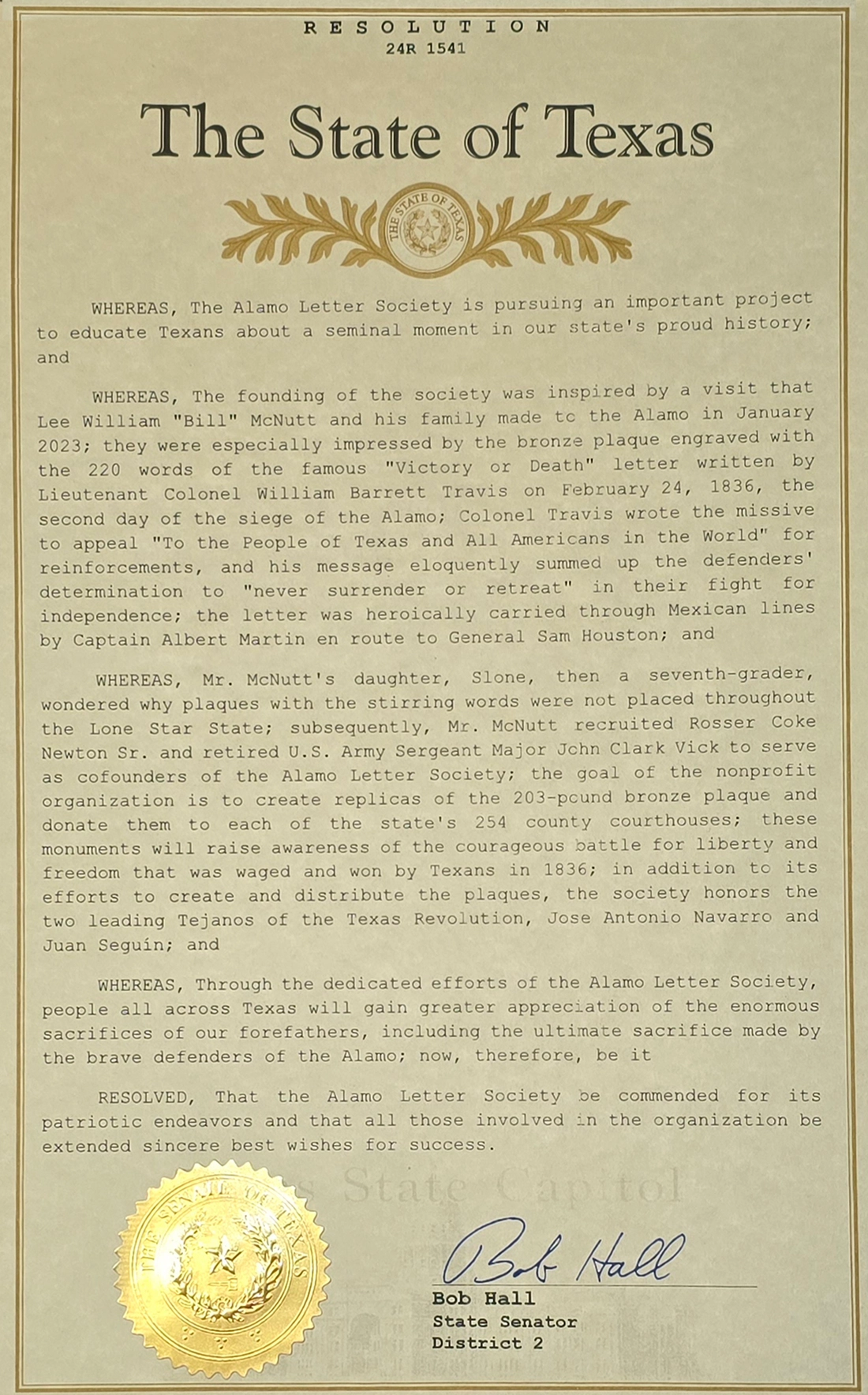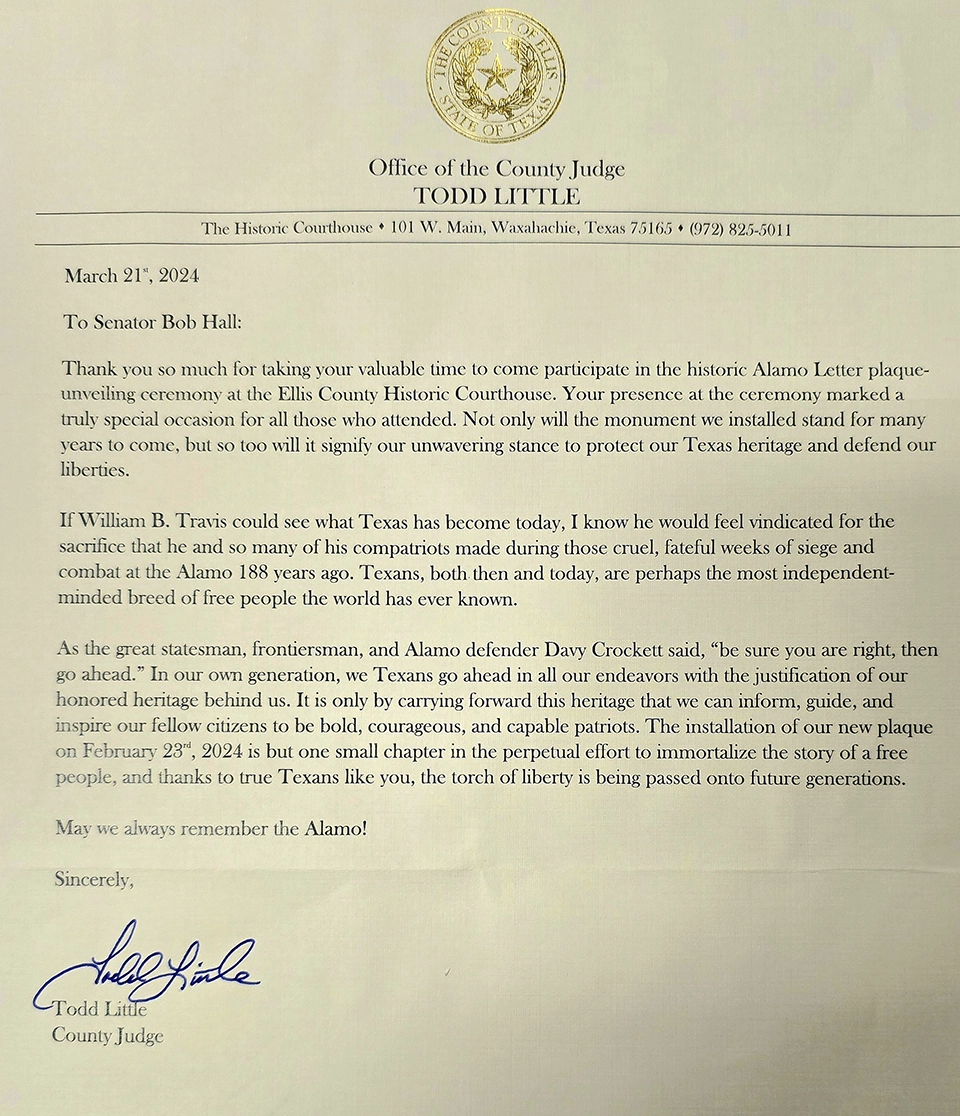ALAMO LETTER SOCIETY
dedicated to
José Antonio Navarro and Juan Seguín
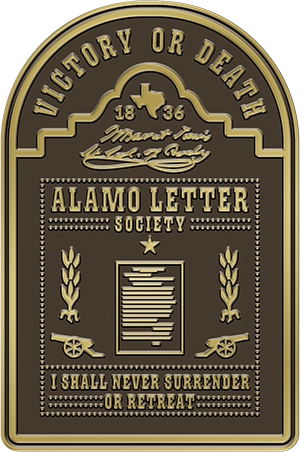
Our Mission
To educate current and future Texans about their forefathers' armed struggle for Freedom and Liberty through the placement of a large bronze plaque containing Col. William Barrett Travis's Alamo "Victory or Death" letter, in all 254 Texas Courthouses. To honor the two leading Tejanos of the Texas Revolution, Jose Antonio Navarro and Juan Seguín.
The "Victory or Death" letter was written on Feb. 24, 1836, and heroically dispatched through the Mexican Army to General Sam Houston by Captain Albert Martin. Only 220 words long, many Texans and other Freedom-loving people around the world hold it in the same high esteem as the U.S. Constitution and the Magna Carta. Here is the famous letter:
Commandancy of the Alamo Bejar, Feb. 24th. 1836 To the People of Texas & All Americans in the World-
Fellow Citizens & compatriots-
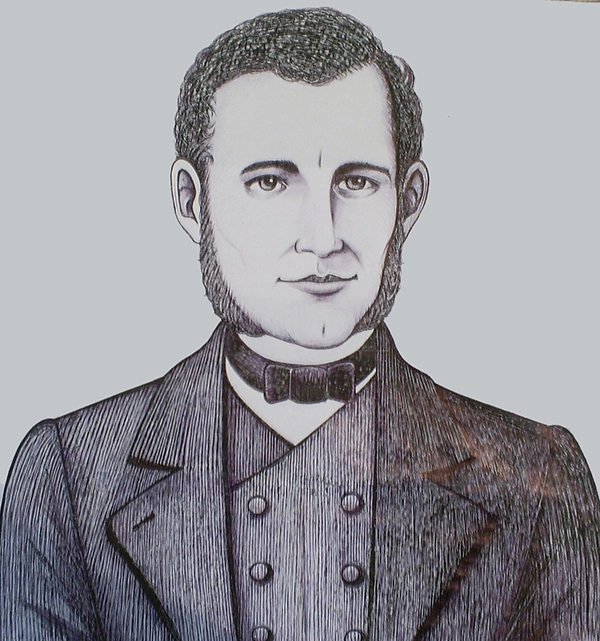
William Barret Travis
I am besieged, by a thousand or more of the Mexicans under Santa Anna - I have sustained a continual Bombardment & cannonade for 24 hours & have not lost a man - The enemy has demanded a surrender at discretion, otherwise, the garrison are to be put to the sword, if the fort is taken - I have answered the demand with a cannon shot, & our flag still waves proudly from the walls - I shall never surrender or retreat. Then, I call on you in the name of Liberty, of patriotism & everything dear to the American character, to come to our aid, with all dispatch - The enemy is receiving reinforcements daily & will no doubt increase to three or four thousand in four or five days. If this call is neglected, I am determined to sustain myself as long as possible & die like a soldier who never forgets what is due to his own honor & that of his country - Victory or Death.
P. S. The Lord is on our side - When the enemy appeared in sight we had not three bushels of corn - We have since found in deserted houses 80 or 90 bushels & got into the walls 20 or 30 head of Beeves.Lt. Col. comdt.
HONORING TEJANOS, NAVARRO AND SEGUIN
Our organization honors the two leading Tejanos of the Texas Fight for Independence: Jose Antonio Navarro and Juan Seguin. These men believed it possible to be both a proud Mexican and a loyal Tejano. And, they were both. Note: Tejanos: derived from the Spanish adjective tejano or (feminine) tejana denotes a Texan of Mexican descent, or a Texan of mixed Spanish and Indian blood.
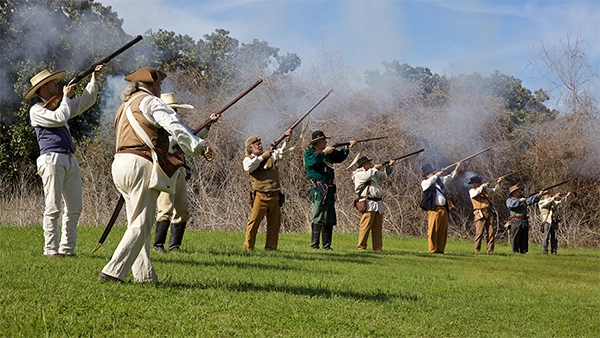
Letter History

February 23, 1836, was the first day of the 13-day siege of the Alamo. On that day, the 26-year-old Alamo Commander, Lt. Col William Barrett Travis of South Carolina, had only 157 men under his command. He was surrounded by thousands of Mexican soldiers commanded by Mexican President Antonio López de Santa Anna.
The next day, February 24, 1836, he wrote the 220-word Alamo letter addressed "To the People of Texas and All Americans in the World". This letter, a pleading for reinforcements became known as the "Victory or Death" letter. It is one of the most notable pieces of literature in the English language. It was heroically carried through the Mexican lines by Capt. Albert Martin.
The Travis letter to Texas President Sam Houston brought results, but not enough to turn the tide. At dawn on March 1, 1836, Capt. Albert Martin, with 32 men (himself included) from Gonzales passed the lines of the Mexican Army and entered the walls of the Alamo, never more to leave them.
These 32 citizen soldiers were Texas men, husbands and fathers, owning their own homes and guns, voluntarily organized and trained, determined to change the government that ruled over them. They passed through the lines of an enemy of four thousand to six thousand strong, to join 157 of their countrymen and neighbors, in a fortress doomed to destruction.
Does American history, or any history, ancient or modern, furnish a parallel to such heroism? The Travis letter motivated these men to willingly enter the beleaguered walls of the Alamo, to swell the number of determined citizen soldiers who resolved "never to surrender or retreat."
"In after many years, it was my privilege to personally know and live near many of their widows and little ones and to see the latter grow into sterling manhood and pure womanhood. I never met or passed one without involuntarily asking upon him or her the blessings of that God who gave the final victory to Texas." --John Henry Brown, in 'History of Texas'.
On March 6, 1836, the 13th day of the Alamo siege, the Alamo officers William B. Travis, Jim Bowie, Davy Crockett, and the other 186 defenders were defeated, killed, and burned by Santa Anna's army. The Alamo bought time for General Sam Houston to train his Texas Army of Independence. The defeat became the battle cry for the cause of Texas independence. It is considered one of the most notable last stands in history. The battle cry of "Remember the Alamo" became the official motto of Texas from 1836 to 1930 and remains on the state seal to this day.
Few pieces of literature in world history have had the immediate effect and historical staying power of the 220 words of the Travis letter. The spirit of this letter has never left the future generations of Texas Fighting men as they marched into battle at historic places such as Gettysburg, Battle of the Somme, Anzio, Omaha Beach, Fallujah, and places not yet known.
Alamo Letter Society History
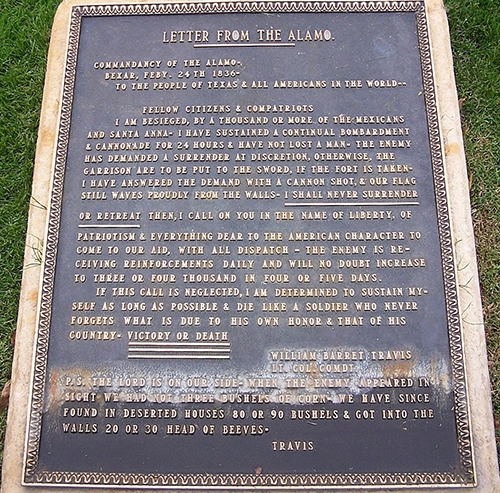
February of 2024 marks 189 years since General Santa Anna started marching his army to Texas from Saltillo in Mexico. Three Mexican states, including Texas, were in a state of rebellion. The General soon learned that Americans who value liberty and freedom will defend their family, their land, their property, and their sacred honor, with their lives.
The L. William (Bill) McNutt family (wife Rabel, daughter Slone age 13, daughter Rabel age 15) were at the Alamo in January of 2023 and were looking at the historic 220-word William Barrett Travis's "Victory or Death" letter on a bronze plaque on the lawn in front of the Alamo chapel. 7th-grade daughter Slone said to her father, "Daddy, why aren't these plaques with the famous letter all over Texas?"
Note: 7th grade is when Texas students study Texas history. That question was the reason for the start of this effort. An idea and an organization were born.
McNutt recruited his Dallas neighbor and fellow Vanderbilt University graduate Rosser Coke Newton, Sr., descendant of former Texas Governor and United States Senator Richard Coke, and US Army SGM (Ret) John Vick from Rockwall, who currently serves as the District Director for Senator Bob Hall to aid in the birth of the organization.
The goal of the Alamo Letter Society is ambitious and unprecedented. This goal is to create duplicates of the 203-pound bronze plaque of the famous Alamo "Victory or Death" letter, and then gift a duplicate to each of the 254 courthouses in the state of Texas. Each plaque will serve as an enduring symbol to future generations of Texans of their forefathers' fight for Liberty, Freedom, and the armed resistance to oppression.
The Alamo Society is recruiting a single Chairman in each County. Each County Chair will donate or raise the $5,000 cost of the bronze "Victory or Death" letter plaque, and work with the local County Judge. Finally, each County Chair will organize, plan, and accomplish a wonderful dedication ceremony involving local schools, bands, military bases, The Daughters of the Republic of Texas, and more. Self-nominations for County Chairs are welcome.
Please call 214-537-9311 for more information.
Why Texas Fought
The Texans and Tejanos understood that men and women are ultimately responsible for those who rule over them. They rose up in rebellion, just as the citizen soldiers of Lexington and Concord met British oppression with armed conflict in April of 1775.
At first, the Texans fought to defend the Mexican Constitution of 1824, which President Santa Anna had abolished. The Texas colonists and the Tejanos then turned to total independence from Mexico, just as the Mexicans had sought their independence from Spain starting in 1810. The changes mandated by President Santa Anna placed almost total power in the hands of the centralized Mexican national government in Mexico City and President Santa Anna himself. In 1836, Texas joined two of their fellow Mexican states in the Rebellion against this tyranny.
Other Alamo Symbols
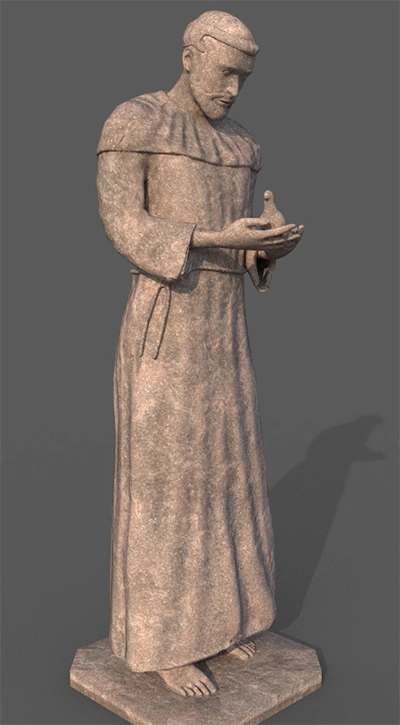
Other Alamo Symbols Saint Francis and Saint Dominic are the two statues in the lower niches on the front of the Alamo Chapel, at the time of the battle. These are important, yet sometimes overlooked, symbols of the Alamo too.
The establishment of the Alamo was a direct result of the success of the explorer Christopher Columbus. Columbus, financed by the Spanish, brought many positive things to the new world including the horse, a written language, and the knowledge of Jesus Christ. Established in 1718 as Mission San Antonio de Valero, the former mission now known as the Alamo has been a crossroads of history.
During the rule of Spain over Texas from 1519 to 1821, the Catholic church established a system of missions and presidios, which were designed to spread Christianity, bring modern agriculture methods, and spread the rule of law over the region. The missions were managed by friars.
Saint Dominic was the founder of the Dominican Order. He is the patron saint of astronomers, natural scientists, and falsely accused people. He founded his order of preachers with a mission of reaching the whole world for Jesus Christ.
Saint Frances (from Assisi, Italy) founded the Franciscan order. He is the patron saint of the land and animals. The Franciscans were known for extensively traveling and preaching to unreached people.
The two men met once in 1216. They shared their plans for their orders and agreed to help each other. They even exchanged belts in the spirit of shared purpose. St. Dominic gave St. Francis the cord he wore around his waist that held his rosary, and St. Francis gave St. Dominic the black belt that he wore around his waist. To this day, the cord remains part of the Franciscan habit, and the black belt remains part of the Dominican habit. Dominicans and Franciscans continue to visit each other on their founders feast days as a sign of unity towards a common goal.
Like the defenders of the Alamo, these two men achieved the heroic act of self-conquest, and lived lives of service to others.
Quotes about the Travis Alamo Letter / TX History
"It is the job of Alamo Letter Society to teach our young people about how Texas got to where we are today. About the sacrifices of our forefathers in blood, treasures, and in the case of the Alamo, their lives. The Alamo letter is the cornerstone of these patriotic efforts." --- Texas Senator Bob Hall
"Each Texas Courthouse plaque will serve as an enduring symbol to future generations of Texans of their forefathers' fight for Liberty and Freedom, and their armed resistance to oppression." --- L William "Bill" McNutt, Co Founder Alamo Letter Society
501(c)(3)
The Alamo Letter Society has 501(c)(3) Status
Awards
The National Board of the Alamo Letter Society gives three awards to deserving patriots. The Captain Albert Martin Alamo Award, the Governor William P Clements Alamo Award and the Navarro Garcia Alamo Award
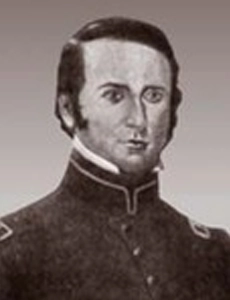
Captain Albert Martin Alamo Award
Albert Martin was a Texian entrepreneur and captain of the Gonzales Mounted Rangers. On February 24, 1836 he put spurs to his horse, sprung into the thicket, and rode through the Mexican Army to delivered Col William B. Travis' letter. He later returned to the Alamo and gave his life in its defense. It is given to patriots who continue to publicize the the Alamo letter and bring it to the "To the People of Texas & All Americans in the World"
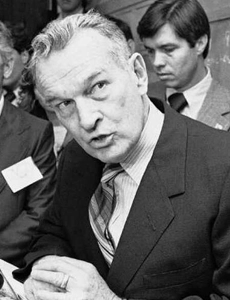
Governor William P Clements Alamo Award
Governor William P Clements Alamo Award, twice elected Governor of Texas, (in 1978 and again in 1986) Governor Clements masterminded the effort to have the famed author American writer James A. Michener (1907-1997) write the epic novel "Texas" in honor of the Texas Sesquicentennial in 1986.
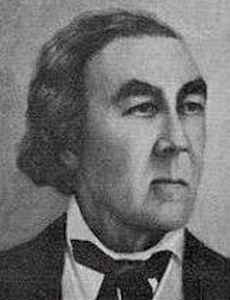
Jose Navarro Navarro Alamo Award
Navarro and Sequin Alamo Award, given to Texan of Latino descent who has demonstrated a love of Texas history its historical documents and people. Who exemplifies the spirit of the Tejanos who fought for Texas Independence, improvements in the court system, and lower tariffs.
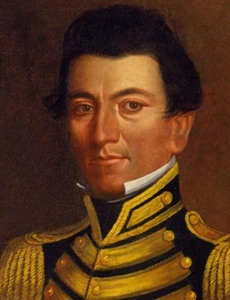
Juan Sequin Alamo Award
The award is named for the two leading Tejanos of the Texas Revolution. Jose Navarro Navarro for whom Navarro County, Texas is named, and Colonel Juan Sequin for whom the city of Sequin is named.
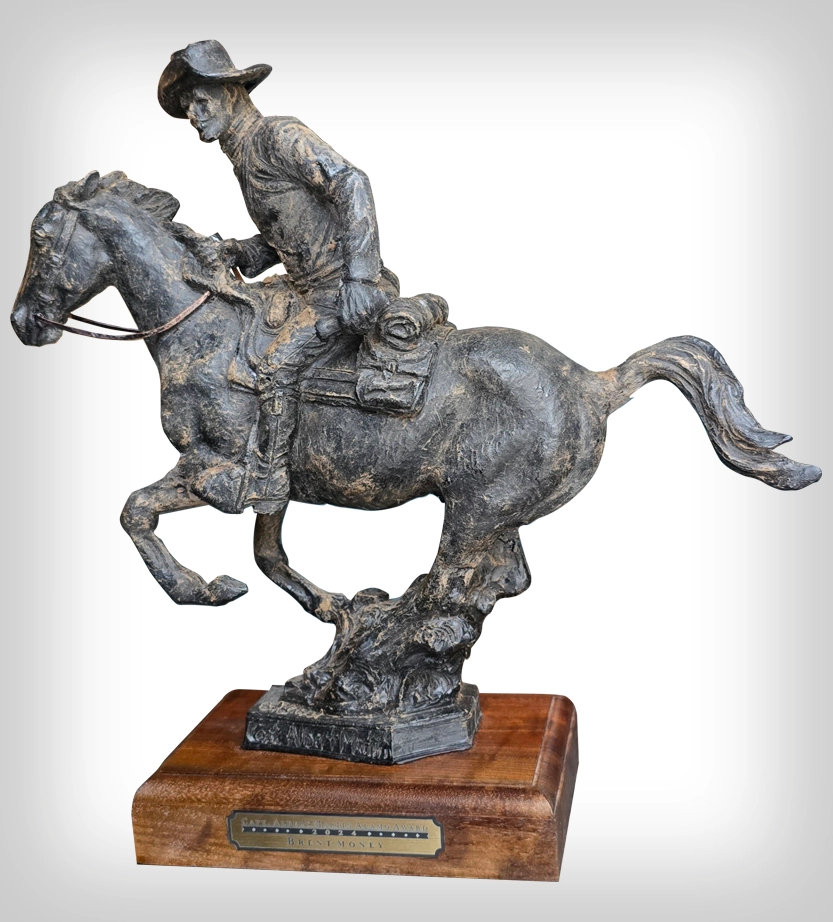
The Albert Martin Award is given to patriots who continue the work of Alamo Captain Albert Martin from Rhode Island, who was ordered to ride through the Mexican Army with the famous Col William Barrett Travis "Victory or Death" letter addressed to all Texans and Americans in the World.
This award is a commissioned sculpture by famous Texas artist J Payne Lara of Navasota, Texas. His work is displayed across the Lone Star State, the Netherlands, and China. He said "When Mr. Bill McNutt of Corsicana, Texas gave me this challenge, I knew I had to capture the spirit of the Alamo rider and all he stood for to my fellow Texans. He was a man on a mission, carrying the hopes of a new nation."
Here is a list of the men and women who have received this most prestigious of Texas Honors
Greg Abbott, Governor of Texas
- John Vick, Sergeant Major, U.S. Army (Ret.), Rockwall County
- Judge Todd Little, Ellis County
- Loren Liechty, Rockwall County
- Harry Chester, The Southwell Company, Nueces County
- Judge Ron Massingill, Hood County
- Dwayne "Doc" Collins, Van Zandt County
- Judge Leo Hung, Reeves County
- Lee Spencer White, Fredericksburg County
- Henry Taylor Millard, Nacogdoches County
- Judge James Oakley, Burnet County
- Judge Jeff Boyd, San Augustine County
- Thomas McNutt, Navarro County
- Mayor Mike Fletcher, Navarro County
- Judge Joe Shuster, Pecos County
- Judge Linda Grant, Freestone County
- Fain McDougal, Brazos County
- Chuck & Jeanie Reeves, Ward County
- Judge Dale Lynn Carruthers, Terrell County
- State Representative Brent Money, Hunt County
- Mike Jackson, Angelina County

Greg Abbott
48th Governor of Texas
Recipient of the Prestigious Captain Albert Martin Award
on Alamo Day, March 6th 2025

“I’m honored to receive the Alamo Letter Society’s highest honor, the Alamo Rider, Captain Albert Martin Award,” said Governor Greg Abbott. “Here in Texas, we have a saying: Remember the Alamo. This is not just a passing phrase, but a way for us to pay homage to those who defended the liberties and freedoms we experience every day. The Alamo stands as a symbol that the fight for freedom is not always easy, but it is a worthy fight. Just like the brave men who fought at the Alamo for liberty, we continue the fight today to keep Texas the land of freedom and prosperity for generations.”
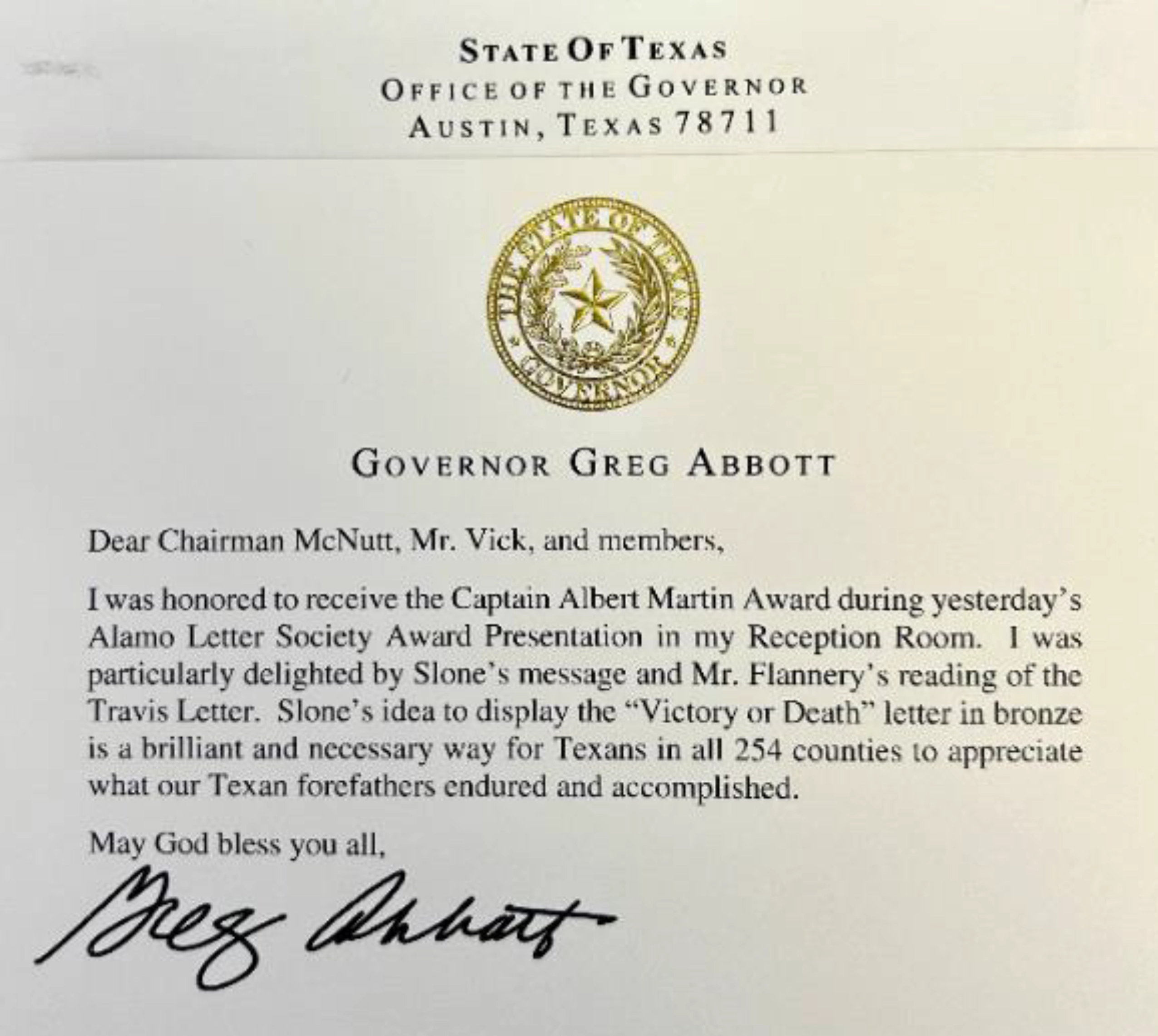
Leadership
Leadership

Slone McNutt
Idea Originator and Co-Founder

Rosser Coke Newton, Sr.
Co-Founder

Bill McNutt
Co-Founder
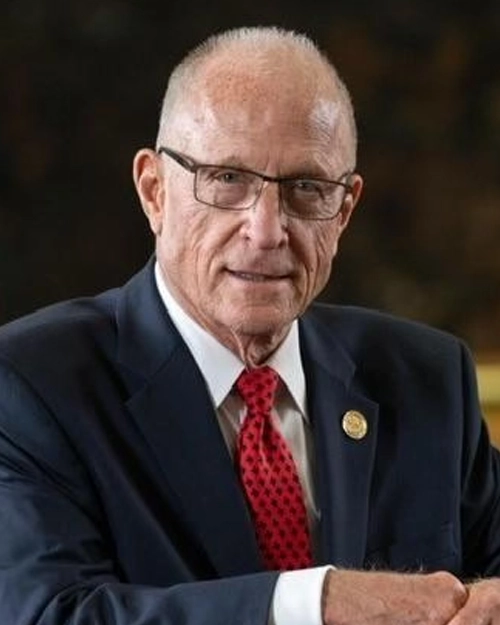
Bob Hall
Texas Senator

Dawn Buckingham, M.D.
Texas General Land Office

Merrie Speath
former White House Fellow

Pam Neff
Director of Operations

Dr. Danny P. Reeves
Recruiting Chair

Henry Taylor Millard
East Texas Regional Chairman

Sarah O'Mahony
Social Media Manager

Veronica Moreno
Project Manager

Mark Russo
Advisor

Errol Flannery
Advisor

W. Glen Pugh - Texas General Land Office
Advisor
County Chairs

Judge Todd Little
Ellis County
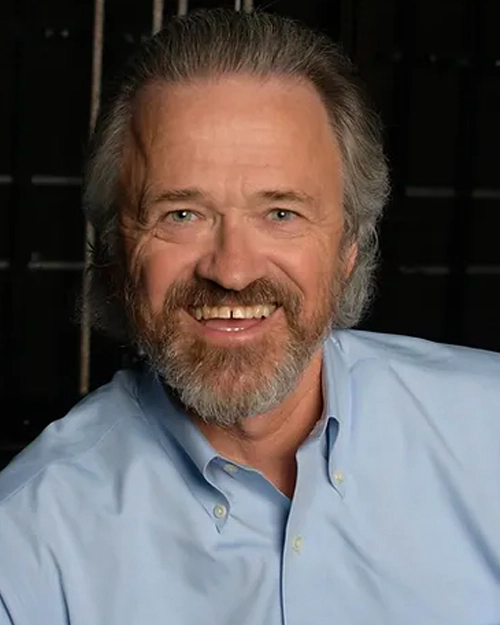
Commissioner Lorne Liechty
Rockwall County
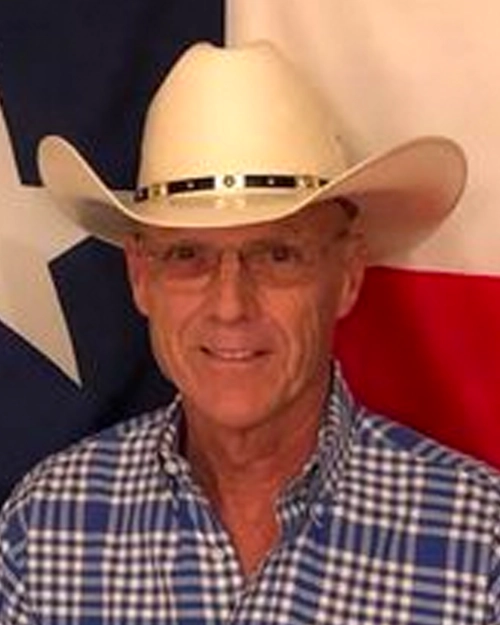
Dwayne "Doc" Collins
Van Zandt County

Harry Lee Chester, Jr.
Nueces County
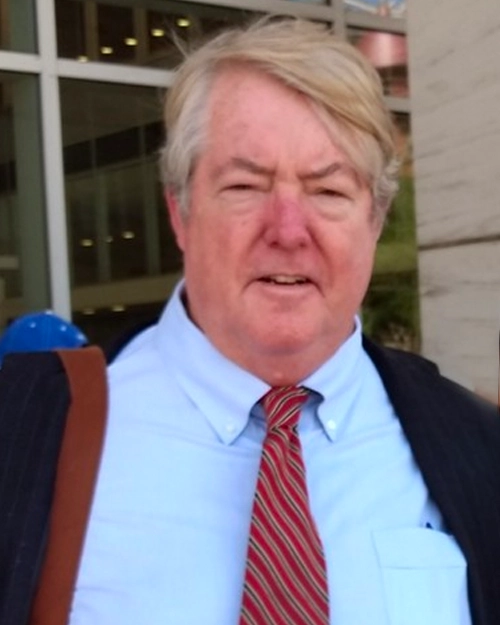
John Carney
Callahan County

Judge HM Davenport
Navarro County
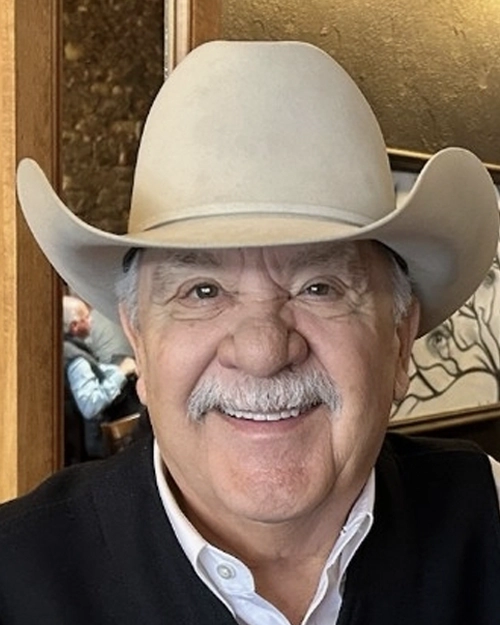
Judge Ron Massingill
Hood County

Senator Brian Birdwell
Hood County
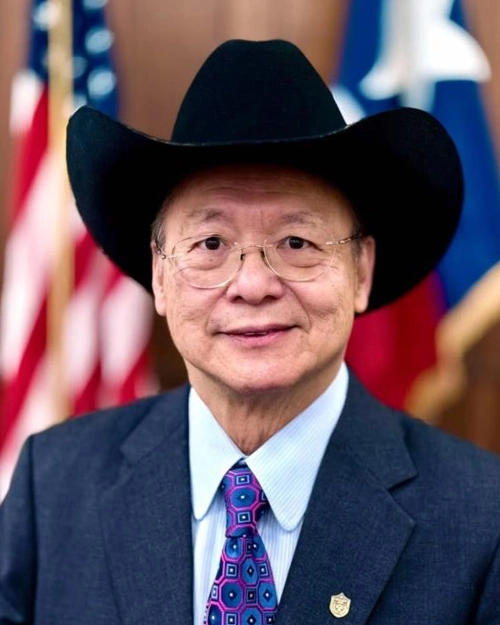
Judge Leo Hung
Reeves County
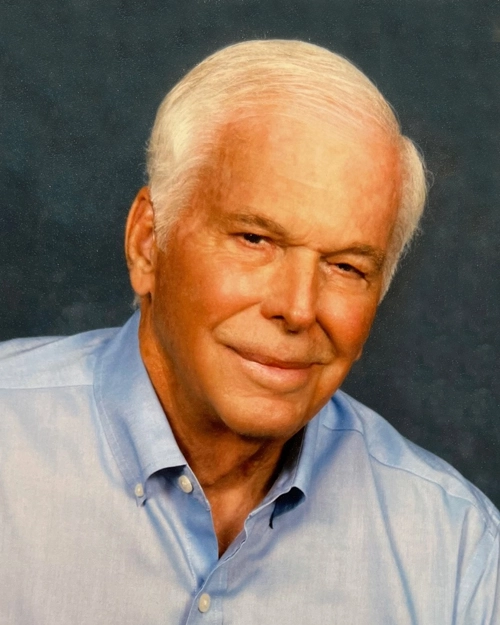
Fain McDougal
Brazos County and DeWitt County

Bill Blackwell
DeWitt County

Judge Daryl Fowler
DeWitt County

Lee Spencer White
Gillespie County

Kat Rummell
Montgomery County

Judge Randy Johnson
Howard County

Representative Brent Money
Hunt County
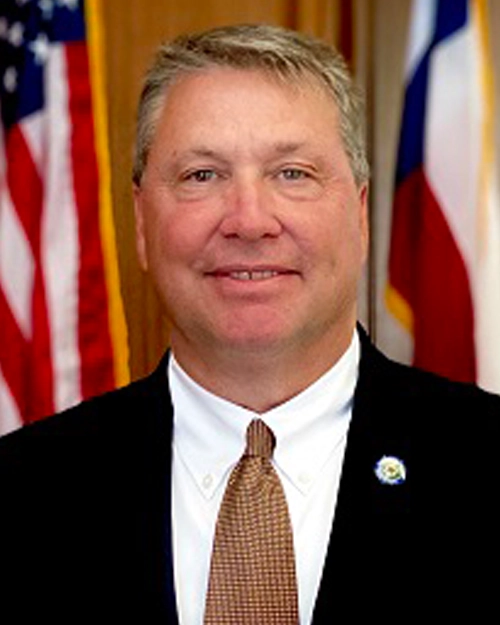
Judge James Oakley
Burnet County

Judge Jeff Boyd
San Augustine County
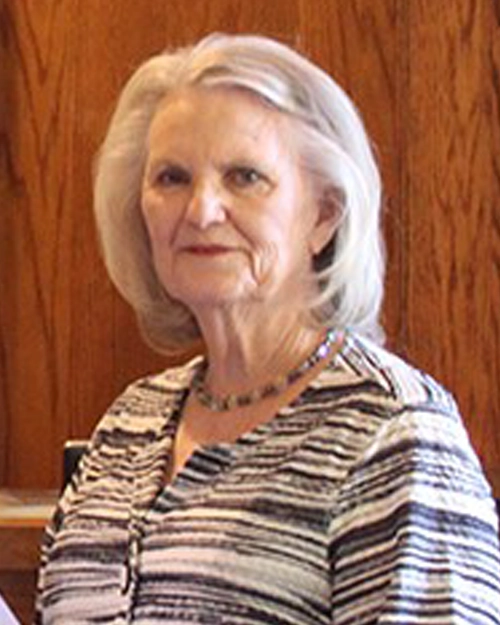
Judge Linda Grant
Freestone County
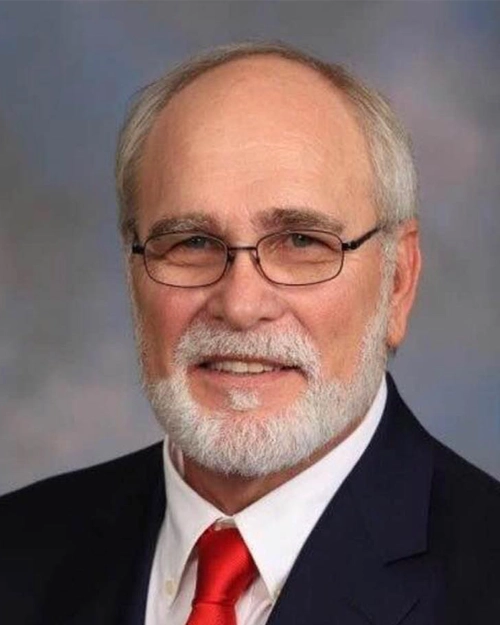
Judge Terry Johnson
Midland County

Senator Angela Paxton
Collin County
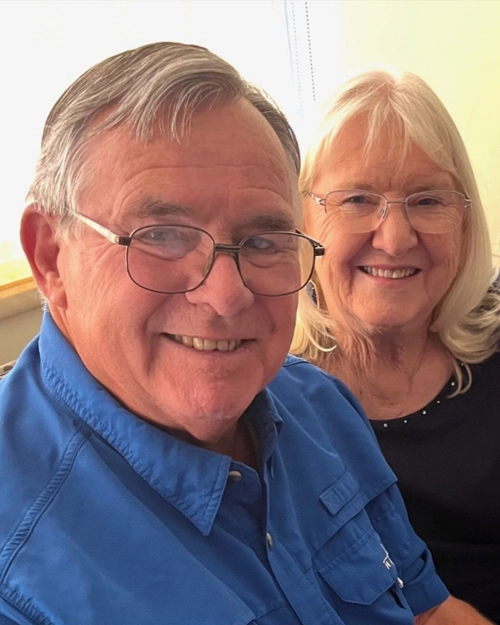
Chuck & Jeanie Reeves
Ward County
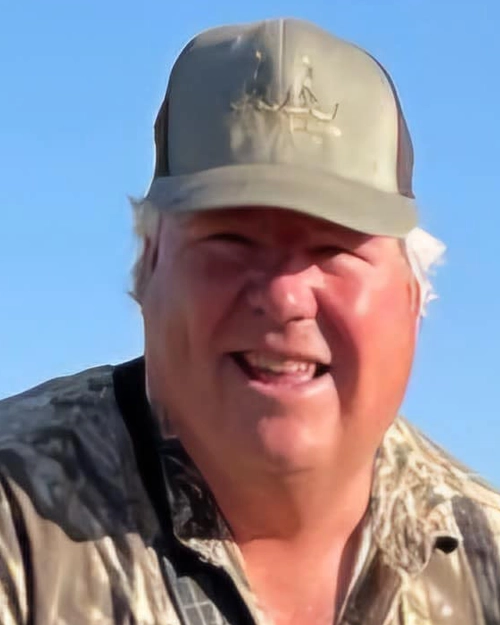
Hon. M. Lance Phillips
Limestone County

Michael & Nichole Ritchie
Llano County
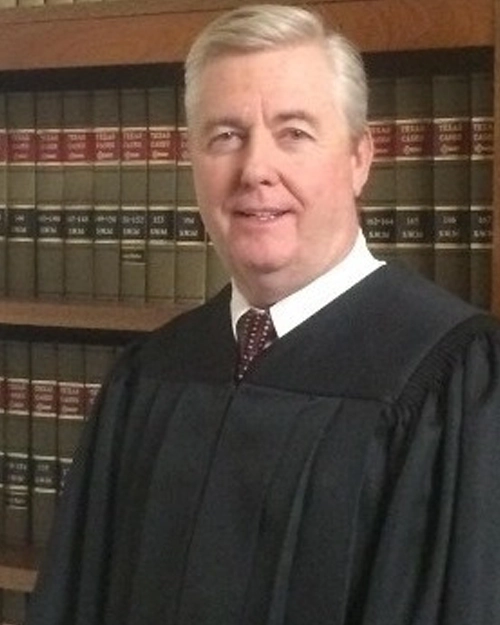
Judge Bray
Blanco County

Thomas McNutt
Navarro County

Mayor Mike Fletcher
City of Corsicana
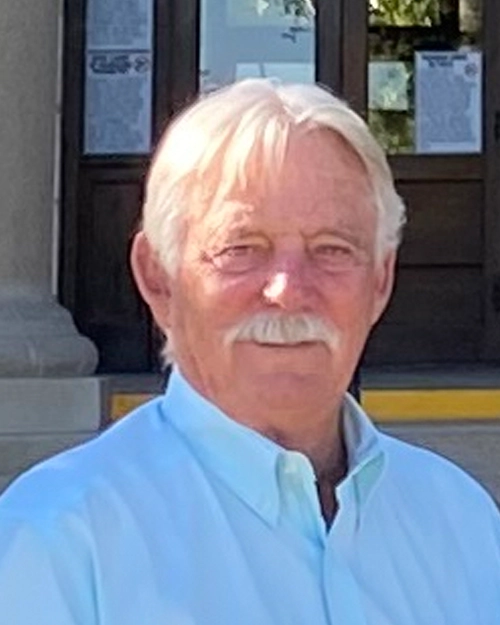
Judge Joe Shuster
Pecos County

Judge Dale Lynn Carruthers
Terrell County
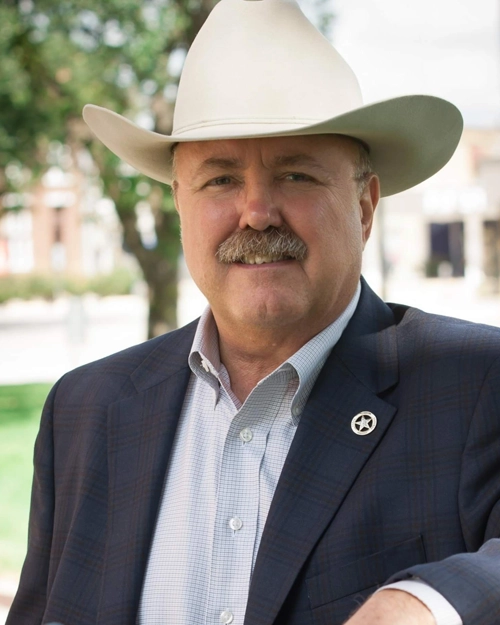
Judge Frank J. Malinak III
Lee County
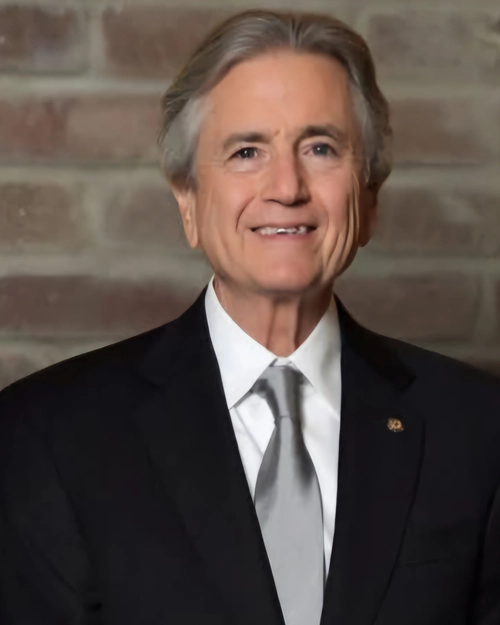
Chairman J. A. McKim, III
Hardin County Historical Commission

Judge Phil Crowley
Taylor County

Andrew & Teisha Vandekop
Bosque County
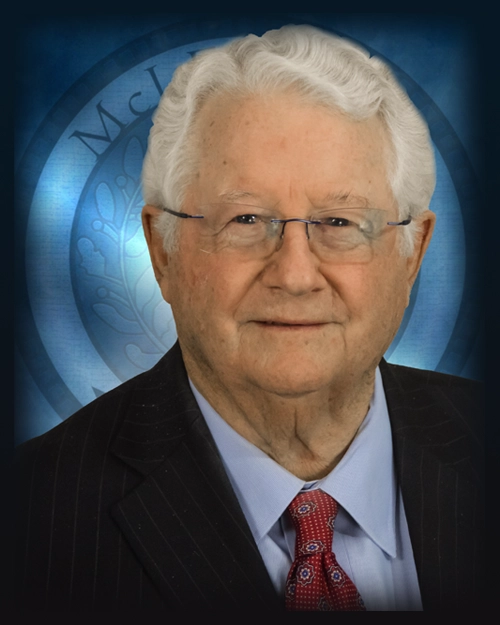
Judge Scott M. Felton
McLennan County

Trevor P. Wardlaw
McLennan County

Pyron Family Foundation
Bexar County
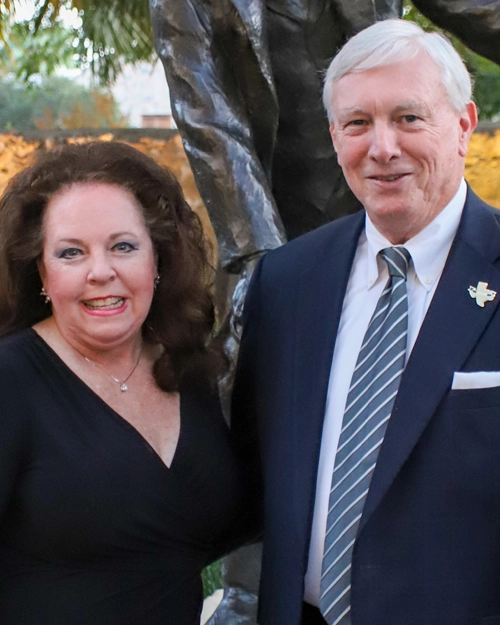
Ken & Carolyn Raney
Stephens County

Cletis Millsap
Hopkins County

Commissioner Joe Price & Family
Hopkins County

Judge Greg P. Henington
Brewster County

David Stone
Jefferson County

Judge Frank Tambunga
Crockett County

Belle Eanes
Orange County

Judge Pat Deen
Parker County

Chuck Wright
Denton County
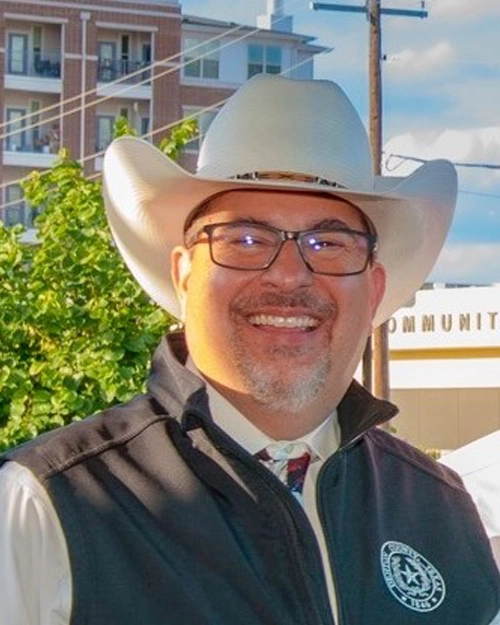
Judge Robert Ramirez
Denton County

Judge Keith Wright
Angelina County
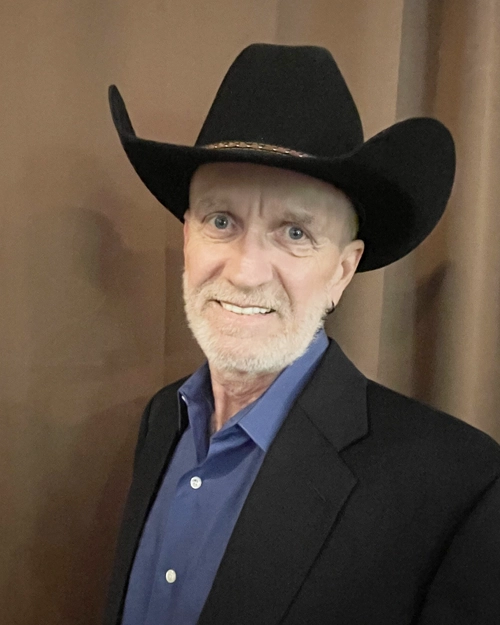
Mike Jackson
Angelina County
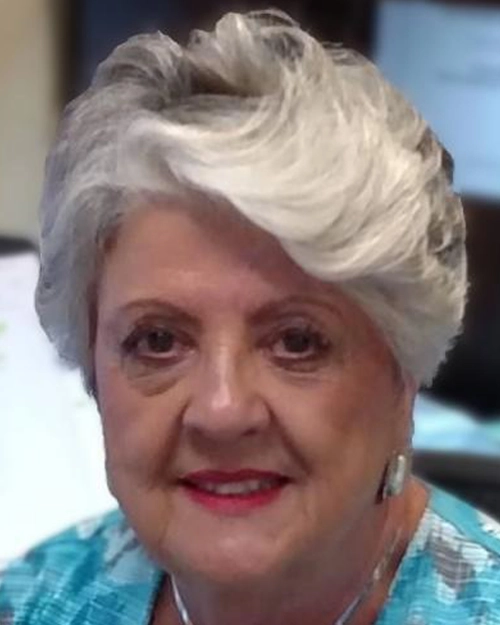
Catherine Taylor
Coryell County
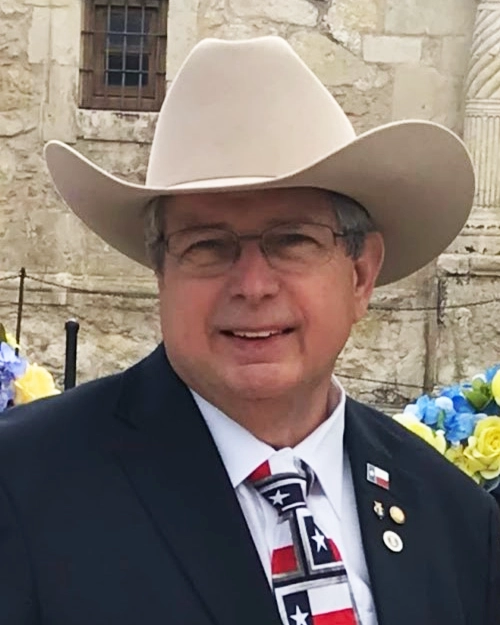
D. Marshall Brown
Coryell County
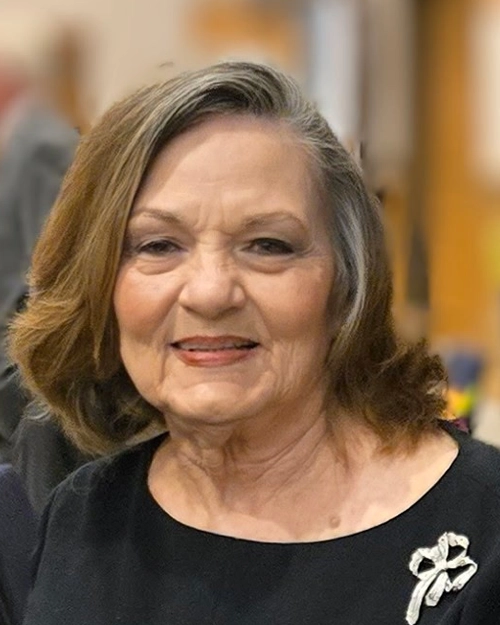
Golda Foster McMahon
Tom Green County

Judge Belinda S. Counts
Sterling County
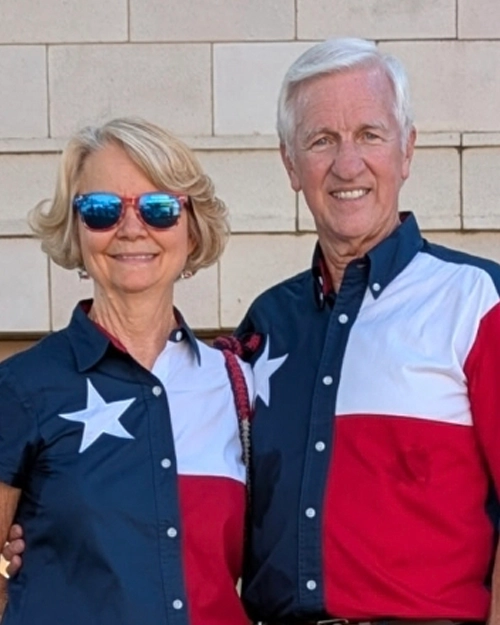
Ken & Mitzi Money
Hunt County

Judge Shane Stolarczyk
Kendall County

Martin Gonzalez
Atascosa County Historical Commission

Rusty Busby
Kendall County

Judge Colt Christian
Walker County

Juan Uribe
El Paso County

Judge Ray Garza
Aransas County

Ken Tarpey
Walker County

Mark Raiborn
Cherokee County

